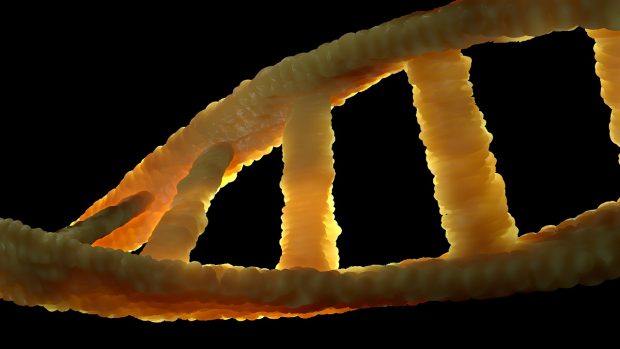
You’ve got your diet and exercise plan in place, but when it comes to weight loss you might be overlooking a very important factor in achieving your goals: your genes.
Turns out that while environmental factors, like your diet and exercise choices, make up 50 percent of the obesity puzzle, genetics make up the other half, said Claude Bouchard, PhD, director of the Human Genomics Laboratory at Pennington Biomedical Research.
“Genetics is powerful,” Bouchard said. “It’s not caused by one gene, or 10 genes, it’s caused by 100s of different genes.”
RELATED: Harvard Study: Could Chinese ‘Thunder God Vine’ Plant Be Cure-All For Obesity?
For example, one havoc-wreaking gene prohibits a person from knowing when they are full. The hormone that oversees this control is blocked, setting a person up for chronic overeating, said Dr. Dan Reardon, CEO and co-founder of FitnessGenes, a system of DNA tests and action plans.
Genetics lies at the heart of why two people can try the exact same diet and exercise routine and have totally different results. As a quick physics refresher, a person’s weight is governed by the first law of thermodynamics: the conservation of energy. Food is put into the body and converted into energy that is lost in 1000s of reactions in the body, AKA metabolism. Ideally, the body would burn off any excess “energy”, but humans are not perfect machines and some people retain and store more excess energy as fat.
“People at risk of gaining, even when they control diet and activity, don’t waste any energy,” Bouchard said.
RELATED: Why Calorie Counting Can be Wildly Inaccurate
We recently saw the power of genetics with the news that the contestants on the Biggest Loser quickly gained back their lost weight after cameras stopped rolling.
There are two schools of thought on what happens to the body after a very rigid Biggest Loser-style diet and exercise plan, Bouchard said. First, after a while, that strong willpower demonstrated during the weight loss begins to erode. Eventually you go back to eating the same things and back to the same lacking exercise habits.
“The same amount of energy will assert itself and you will resume weight gain to go back to where you were,” Bouchard said.


